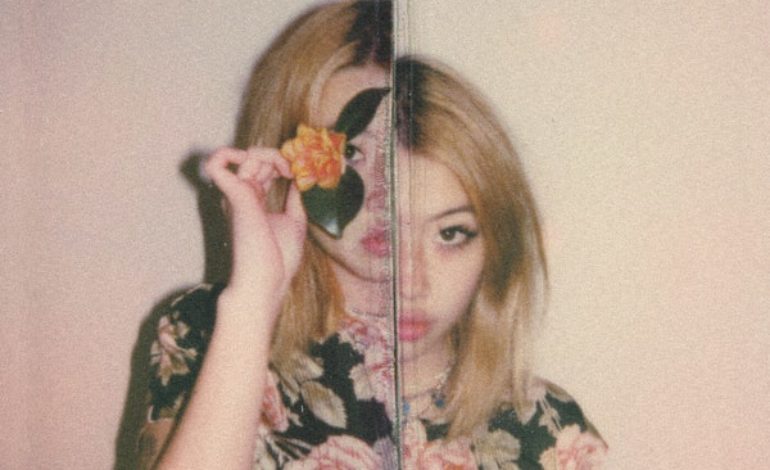

A blast to the recent past
20-year-old singer, songwriter and self-taught guitarist Bea Kristi, known professionally as Beabadoobee, released her album Fake It Flowers on October 16th of this year. This album channels the energetic and flavorful sounds of ’90s guitar-heavy tunes. Every song on the album feels like it belongs in a ’90s or early 2000s coming-of-age movie and is a refreshing reinterpretation of past classics.
Within the ’90s movie theme of the tracks on Fake It Flowers is the theme of the positive and the pernicious aspects of young love. Each song fully embodies the end of the spectrum that it is on, the songs that sing of the positive having graceful instrumentals and heartwarming lyrics, and the tracks speaking of the pernicious parts of love having bitter lyrics and angry background accompaniments.
The album begins with “Care,” a song that delivers feelings of resentment to some character, describing a possible relationship that fell through, her pride hindering her from trying to rekindle it. “Worth it” follows with a more hopeful tone, Beabadoobee gushing about a person she can’t stop thinking about, singing, “Don’t think we can be friends/ Cause you’re too pretty/ I wanna see you again.” This tune, like many on the album, is one that feels appropriate to blast in the car with the windows down, channeling feelings of finding someone new and the excitement of a possible relationship with them.
“Dye It Red” reverts to the bitter end of the spectrum, describing someone that is not considerate of Beabadoobee’s independence and who interferes with her ability to be herself. This piece almost resembles a concluding scene in a ’90s movie in which the protagonist reveals herself with a new appearance, proceeding to preach a monologue about finding herself. Alternating again and diverting back to the positive, “Back To Mars” follows with a dreamy song describing an imagined scene of two lovers in the South of France.
“Charlie Brown” contradicts it with screaming vocals of throwing love away and heavy repetitive drum beats to accompany the harsh theme. “Emo Song” tells the longing tale of love that has disappeared, but could someday come back. Cleverly, the instrumentals and vocals in this piece fade in and out of tempo with one another but always align in the end, possibly alluding to the lovers in the story she tells through her song. “Sorry” and “Further Away” follow with melancholy lyrics accompanied by soft and beautiful instrumentals.
“Horen Sarrison” breaks the ice with a heartfelt song about being in love but not wanting the other person to feel comfortable, Beabadoobee pouring life into the song with the combination of her well-written lyrics and truthful vocals. “How Was Your Day?” and “Together” follow and contradict each other, “Together” singing of a love that may soon fail and “How Was Your Day?” being a soft and sentimental tune begging for a renewal of a connection that has been lost. “Yoshimi, Forest, Magdalene” concludes with a more upbeat and comical tune, the name of the song representing names of children she would like to have with a hypothetical husband.
Through Fake It Flowers, Beabadoobee channels sensations of teenage life and love through her pieces describing the emotion that is felt so strongly by young love and how each positive and negative end of the spectrum makes people feel. The result is a collection of music that can be played out loud and danced to, but also listened to closely and appreciated for its lyricism and talented guitar features by the singer herself.
